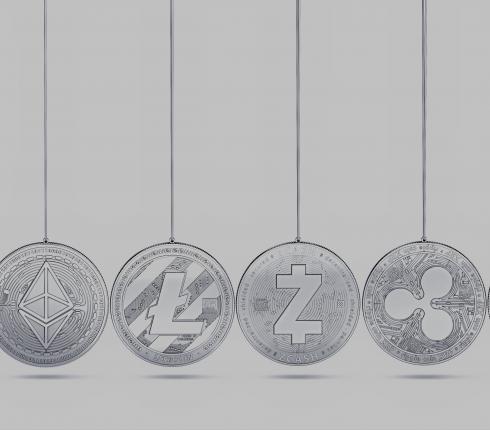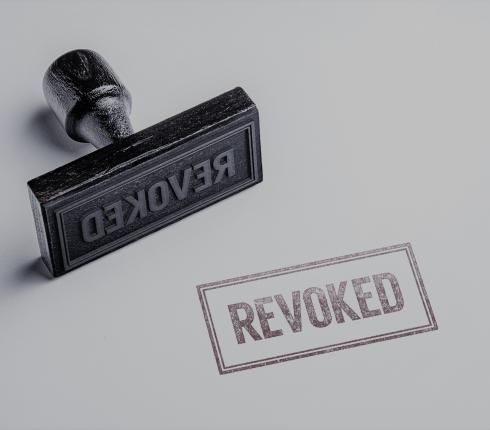Cryptocurrency licenses in Estonia: First-year overview
Almost one year has passed since the new Money Laundering and Terrorist Financing Prevention Act (MLTFPA) came into force introducing two types of licenses for cryptocurrency in Estonia. MLTFPA has helped businesses dealing with cryptocurrencies understand whether they are required to apply for a license or whether they can operate without one.
Estonia was the first country in the European Union that introduced such legislation. This fact led to a boom of international cryptocurrency exchange clients coming to Estonia to try to obtain licenses.
Nearly a year after the new law came into force, many licences have been issued, and several challenges have arisen. So, what is the situation with crypto licenses in Estonia today?
MLTFPA replaced the previous vague definition of a provider of alternative means of payments, which included crypto business, with the following two:
- providers of a service of exchanging a virtual currency against a fiat currency, i.e. crypto exchange; and
- providers of a virtual currency wallet service, i.e. crypto wallet.
According to the Register of Economic Activities in Estonia, the Estonian Financial Intelligence Unit (FIU) has issued about 500 licenses for providers of crypto exchange services and around 410 licenses for providers of crypto wallet services.
Obtaining a cryptocurrency license is a relatively easy and fast process. The package of documents which are required to be submitted is minimal. In addition, under the law, the FIU has 30 days to review the application. Based on our experience, crypto licenses are issued within 1-2 weeks if all the required documents are submitted and the FIU does not have additional questions.
A licensed company must comply with all the requirements in MLTFPA, e.g. set up KYC/AML procedure etc. Among other requirements, it is important to consider that the FIU has already started to revoke crypto licenses, in cases where a business has not started its operations during the six months following the issuance of a license. Therefore, it is essential to indicate the date the applicant company wants to start the crypto exchange or crypto wallet service.
The biggest challenge for companies operating in the crypto business field is opening a bank account. Banks in Estonia are not yet ready to onboard crypto related clients. Therefore, such companies need to find a solution for receiving fiat currencies. Usually, companies open a bank account in another country or cooperate with different payment service providers such as e-money or payment institutions.
If you are considering applying for cryptocurrency licenses and have additional questions, please contact Karolina Ullman (ku@njordlaw.ee) or Nikolay Demchuk (nd@njordlaw.ee).
















